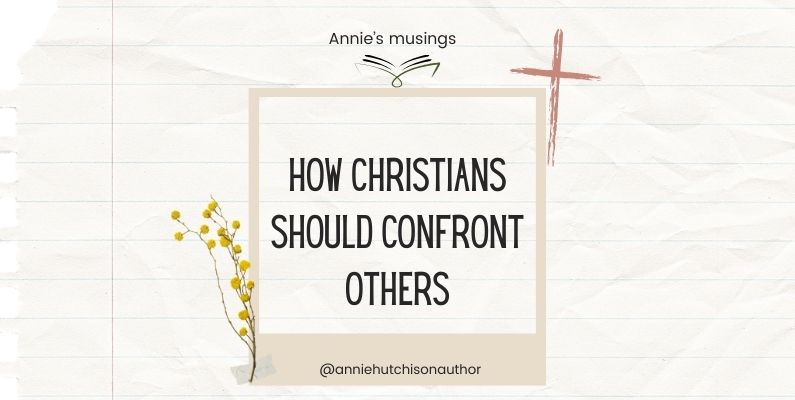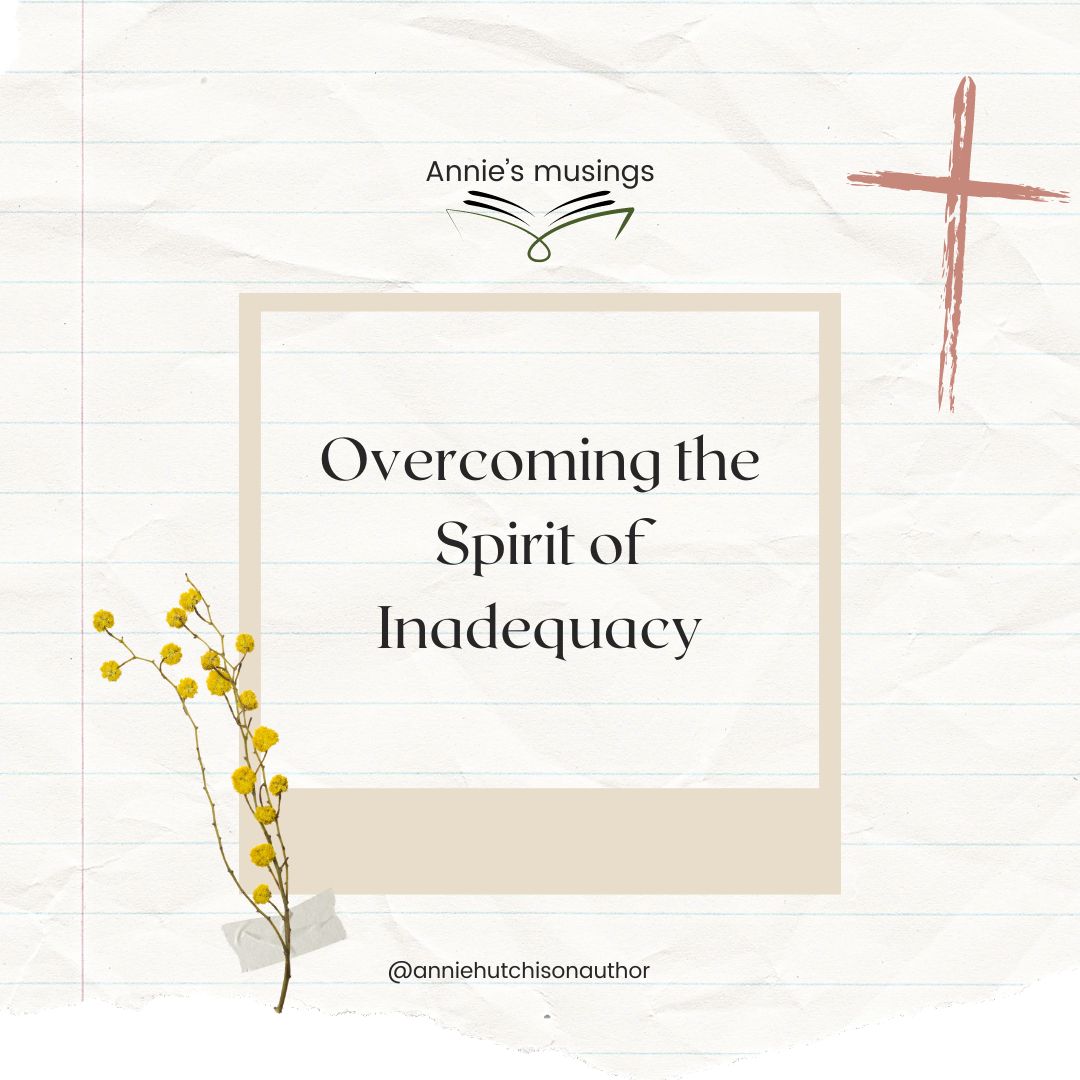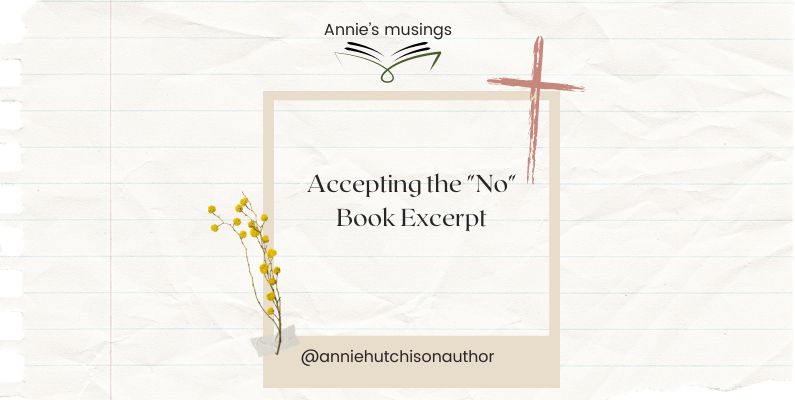
How Christians Should Confront Others
Something I have observed within the church is that there are a lot of people who feel avoiding conflict or confrontation is the best policy. It seems that they think it is the nicest way, and oftentimes they will allow for unhealthy relationships (personally or professionally) just for the sake of avoiding any form of what they perceive as fighting.
And while I am certainly not advocating picking unnecessary fights, I just want to postulate that nobody really wins when people are compromising integrity and the sustainability of the relationship just for the sake of avoiding confrontation.
A friend of mine who homeschools her kids has a story that helps depict how godly confrontation has transformative power, and is both healthy and good.
She put her kids into a homeschool tutorial program and when a new year was starting up she noticed that the fees had doubled in the few years her kids had been attending. She wanted to vocalize to the director of the tutorial that she was concerned at how rapidly the costs were changing, and so she sent an email to the effect of “I noticed the fees have gone up again and I’m worried that if this continues to be the pattern, my family will not be able to afford the tutorial program in the future.”
She thought she had expressed her concerns and her financial constraints well, but when she got a lengthy response back from the tutorial director she was astounded by the content. To my friend, the email the director sent read as an aggressive response at how she won’t find any other tutorial cheaper for the quality they provide and ended with a statement to the effect that "her financial constraints were unfortunate, but not their problem.”
The email left my friend feeling belittled and hurt. She had hoped that the director would acknowledge her financial concerns and perhaps state that they were trying their best to keep costs low for the families they served. But the lack of empathy or compassion made the words written feel like a slap in the face. She decided that rather than replying in an emotional response right away, she would take a few days to pray about it and consider what to write back.
A few days went by and the director texted her, “Is your family continuing on next year or can I give your spot to a new family on our wait list?”
My friend read this text and felt like she was getting asked to leave, since she had vocalized concerns about the increasing costs. She had never said she didn’t want her kids to attend that year, she had even paid the application fee and deposit for that school year already.
Devastated by the lack of empathy or kindness she had hoped her 2 year relationship with this tutorial director would naturally compel, she chose to withdraw her kids from the program and change her entire school plans for that year.
My friend couldn’t help but feel that had this director shown kindness and compassion while maintaining her prices, the results would have been very different.
So she wrote her a long email which said:
“Your email left me feeling demoralized, so I needed to take time to prayerfully consider how best to respond.
After reading it several times through, I feel like there was a lack of care or empathy. The way you expressed how the tutorial uses the fees and the way I read your response made me feel like my concern about rising costs was nothing more than an irritation to squash. In your response, I felt as though I was being scolded for vocalizing my concern and this sat poorly with me.
Because of all this, I have needed time to consider my response as I want to make sure that my confrontation with you is truthful and meant to help you understand how your communication style impacted our decisions.
As I stated in my previous email, we were concerned about pricing for the following school year (not the current upcoming one), but your email and text have made us decide to lose our registration fee and withdraw this year instead. It’s hard to want to invest in a program and send your children to a place when it feels like the director wants your family gone.
Overall, I have enjoyed our two years with your program and because I value you, I wanted to make you aware of the impact you have had in our decision to leave. My hope is that it will help you when dealing with other families who may voice similar concerns, since inflation is hard on us all.
I feel like if we had been met with empathy and kindness, it would have made a difference in our decision. This is not me asking for special accommodations or reduced fees, just kinder treatment that makes us feel like valued human beings and doesn’t leave us feeling like you view us as unimportant nuisances, since we are after all- paying clients.
I thought about just withdrawing and saying nothing, but I believe it is more loving to confront in kindness and truth rather than to allow a sister in Christ to remain unaware of their blind spots.
I wish you a prosperous year at your tutorial and many more thriving years in the future. I am sorry if I have misjudged you. I think the written word makes it all too easy for this.”
I want to point out that my friend didn’t name-call, or seek to belittle or tear this woman down. She just wanted her to know that she came across really poorly because my friend believed that this could be a blind spot for the director that would continue to hold her back in her business.
Several months went by, and my friend was chatting with a friend whose kids were still enrolled in that tutorial program. Her friend, we’ll call her Naomi, told her that at the Back to School Orientation Night the director said to all the families that she had been confronted about her intimidating and abrasive manner of communicating and she wanted to apologize to everyone there that she may have offended. She went on to tell them that she really cares about their kids and families and that she is going to try harder to allow her love and respect to show better.
When my friend heard Naomi’s story, she felt thankful that God had used her effort of godly confrontation to produce good fruit in the director’s life. Her faithfulness to confront the director had led to the total transformation of how this woman ran her business and everyone benefited by her changing her communication style so that her heart was more apparent.
You see, confrontation is not ungodly by nature, it's when the confrontation lacks godliness that it gets you into trouble.
Here are a few characteristics that always accompany godly confrontation.
- The confrontation is constructive and for the good of the person being confronted. It isn’t self seeking, shaming, blaming, or belittling.
- The confrontation is maintaining healthy boundaries that are meant to sustain the health and longevity of the relationship. It isn’t sacrificing the relationship to avoid confrontation nor is it telling someone off and speaking harsh words in anger.
- The confrontation builds the other person up. It seeks to help that person grow, and is motivated by kindness, truth, and biblical love.
- The confrontation is gentle and done in humility. It is done out of love for the person being confronted and for God.
Godly confrontation doesn’t include name-calling, belittling, unjust statements, double standards, bringing up a long record of years worth of grudges, or behavior that is violent, insulting or purposely demeaning.
In the Bible, Paul tells believers “to teach and admonish one another in [God’s] wisdom…” (Col.3:16). He makes it clear that we are to confront the people in our lives that we walk in relationship with through advising or warning them that their actions or beliefs will not lead to God’s best in their life.
In Galatians 6:1 it says, “Dear brothers and sisters, if any believer is overcome by some sin [a false step or blunder], you who are godly should gently and humbly help that person back onto the right path. And be careful not to fall into the same temptation yourself.”
This is such a clear depiction of how godly confrontation benefits the body of believers and is very different from ungodly confrontation.
Godly confrontation is for the building up and benefit of the person being confronted. Ungodly confrontation seeks to build yourself up by tearing down the person being confronted. Godly confrontation says, “I see you have blundered and I want to lend you my strength and help you move past this.” Ungodly confrontation says, “I see you have blundered. What kind of idiot are you? You should be ashamed.”
We will know what kind of confrontation was being applied by the byproduct. Godly confrontation produces the fruit of the spirit stated in Galatians 5. Ungodly confrontation produces shame, condemnation, resentment and relational death. It kills, steals, and destroys.
In Luke 17:3 Jesus says, “If another believer sins, rebuke that person: then if there is repentance, forgive.”
I read that verse like this, “If another Christian takes a false step or blunders, then advise or warn them about their actions. If they change their mind and turn from their misstep, immediately forgive them- let go of their blunder and cover it with love.”

Jesus tells us that when our godly confrontation is met with repentance (which we learned in this blog means to change your mind), we are to offer forgiveness. This is an important step because forgiveness is what helps us walk in freedom rather than condemnation. The purpose of confrontation is to build the other person up, this is why we need to seal it with forgiveness. We want that person to be confident that the changes they make in their thinking or behaviors will be met with love. We aren’t waiting for them to mess up or waiting to offer our faith in them until they have spent enough time earning our forgiveness or proving themselves to us. We want to offer forgiveness like Jesus does: immediately.
If you have a person in your life that you have influence with, and who is making poor choices, or stuck in a wrong mindset, I hope that you will confront them in kindness and truth, and lend them your strength, so that they might be set free and enabled to grow.




